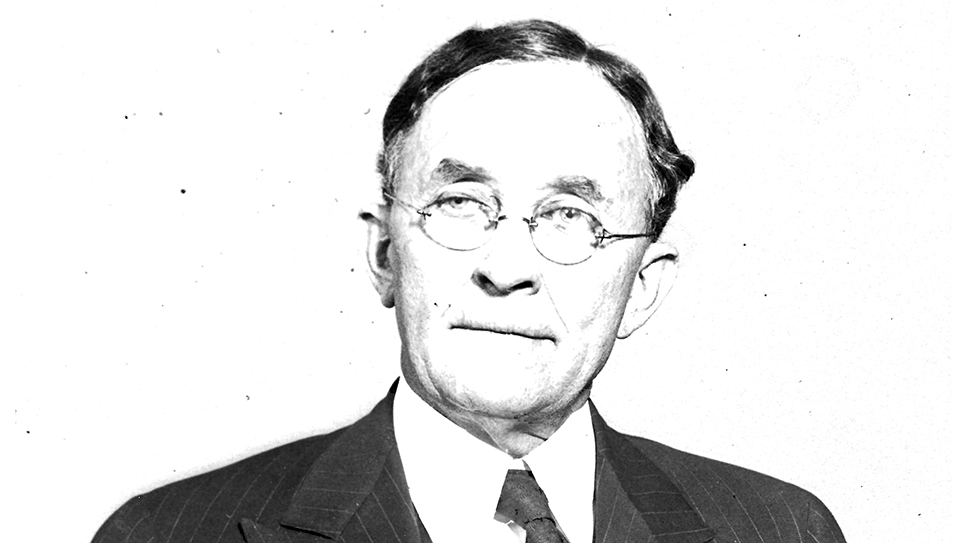Sharing Now With The Future
By Joe Rector
This column is an exercise for every individual who reads it. No, it’s not homework or a test. It is, however, an activity that each person will find worthwhile. So, sit back, relax, and give the process a shot.
Most of us go through our lives day-to-day. Few folks think that their jobs, hobbies, likes and dislikes are of much significance to others. What we don’t know is that someday those very things will be important to friends and families.
The first thing I urge each person to do is take out paper and pen or computer keyboard and write down each family person’s name. Then take them one-by-one and write out physical characteristics about them. Next add some quirks, unique things about their looks, movements that they use unconsciously make and when they do it. The next items to include are scars, marks, tattoos, or things in that area. Tell how, why, when those things came into existence.
Next, write down the philosophies of those family members. Don’t say you don’t know, because you most certainly do. What are their political, religious and social ideas? What specifically is most important to them and how do they prove it? What do they most dislike? What habits do they have that annoy or delight others?
Write out short biographies for each person. Include their family members, where they lived, and any stories about their lives that you especially like. In this section, favorite sayings, words, and facial expressions can be included. Important in these descriptions is the special way that those utterances are said. Does he speak with a nasal tone? Does she sound like a Valley Girl from the 80s? Does the individual have a quick temper or is he slow to anger?
Anything else you can write about that person that makes him remarkable or easily identifiable can be added. These writings are yours; no one cares if a word is misspelled or a comma is omitted. The key is to give enough information so that strangers could pick out of a crowd the person about whom you’ve written.
For those who begin this exercise, surprises are on the way. Long forgotten things about these loved ones will resurface, and the author will meet them with a smile or tear. What all of us need to realize is that our families are precious folks who won’t be here forever. When they have passed, our minds will think of hundreds of things that we wish we could have them answer or explain.
This same exercise can be used to write about folks outside of families. I have two best friends on whom I could write long stories. They would include all of the information above, as well as short anecdotes about our adventures together.
When a person feels comfortable, he can write his own story. That task is a bit more difficult and uncomfortable. The truth is often tough to share. However, it demands that we reveal ourselves, “warts and all.”
Many folks will wonder why their time should be spent on such an activity. If they have lost loved ones or good friends, the answer will be evident. Our memories fade, and facts sometimes blur. Taking time in the present to write the truth you see about people important to you will have rewards in the years to come. Looked at in a different way, our writings can serve as more vivid family histories that are much more exciting than a simple listing of long-passed relatives. Just imagine how excited future generations would be to read intimate details of their descendants.
The next time the television offers no programs worth watching, start your writing. Again, don’t be concerned that your work might not be perfect. Just make sure it’s on paper or saved on your computer so that it becomes a valuable set of documents in years to come.






